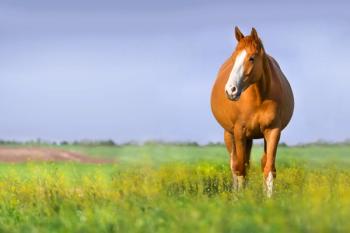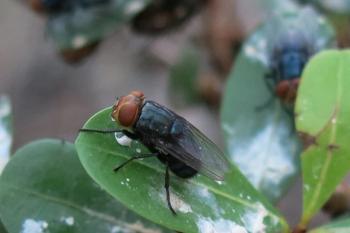
AAEP's position on the use of horses in urban environments
The AAEP recognized the unique issues of horses working in an urban environment, i.e. mounted patrols, tourist carriages and taxi/limousine services. Horses engaged in these activities require special work and living conditions and precautions for their safety and well-being. Urban environments present health and welfare hazards that may preclude their use, such as pollution, concussion, climactic extremes and load factors.
The AAEP recognized the unique issues of horses working in an urban environment, i.e. mounted patrols, tourist carriages and taxi/limousine services. Horses engaged in these activities require special work and living conditions and precautions for their safety and well-being. Urban environments present health and welfare hazards that may preclude their use, such as pollution, concussion, climactic extremes and load factors.
Provisions should be prepared for each jurisdiction concerning work hours, workloads and living conditions, standards of driver training and passenger safety. Annual examination by competent equine veterinarians for condition, freedom from lameness or disease, and appropriateness of living conditions and transport should be performed and recorded. Appropriate licensing standards should be established and adhered to by local authorities.
The veterinarian is the most qualified individual to manage the healthcare need of the horse. The owners and caregivers of horses working in urban setting should have a relationship with a veterinarian who can respond appropriately to all emergencies, including those in which humane euthanasia is required. In the absence of a veterinarian in such a situation, the AAEP acknowledges that it may be necessary for licensed, qualified animal control or trained law enforcement personnel to perform euthanasia.
Approved January 2003
by AAEP Board of Directors
Newsletter
From exam room tips to practice management insights, get trusted veterinary news delivered straight to your inbox—subscribe to dvm360.




